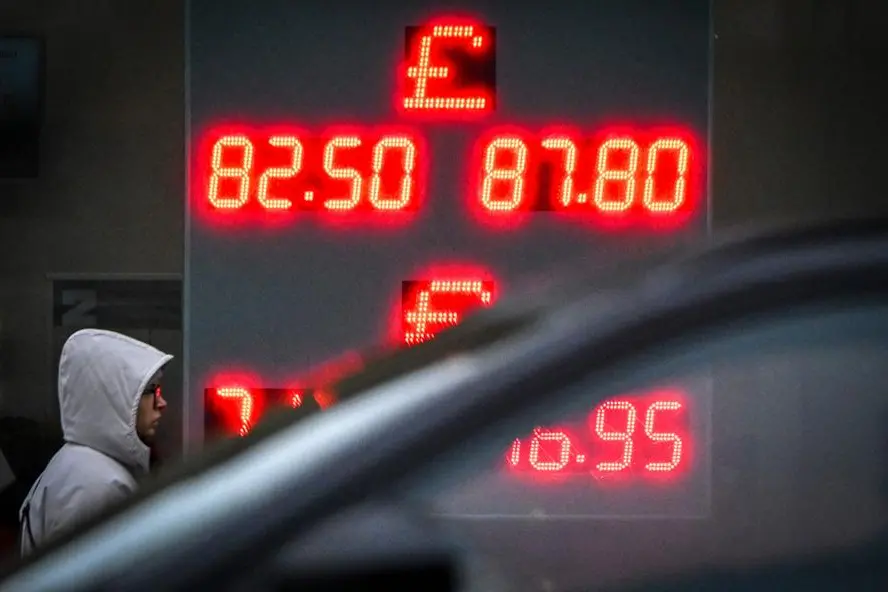PHOTO
The eurozone economy grew in January for the first time in six months, a closely watched survey showed Tuesday, raising hopes that Europe will avoid a recession this winter.
The S&P Global Flash Eurozone purchasing managers' index (PMI) rose to 50.2 in January from 49.3 in December. A figure above 50 indicates growth.
The European economy has benefited from lower inflation, improved supply chains and the recent reopening of China's Covid-scarred economy, leading to increased optimism for 2023.
"The survey undoubtedly brings welcome good news to suggest that any downturn is likely to be far less severe than previously feared and that a recession may well be avoided altogether," said Chris Williamson, S&P's chief business economist.
He said the survey suggested "a nadir was reached back in October, since when fears over the energy market in particular have been alleviated by falling prices, helped by the warmer than usual weather and generous government assistance".
But Williamson warned the region was "by no means out of the woods yet" as demand continues to fall, albeit at a slower rate than before.
The single currency area's largest economy, Germany, also benefited from the easing of supply chain pressure which helped manufacturing, S&P said, and reported improvement with the composite PMI rising from 49.0 in December to 49.7 in January.
But output in France, where activity is driven by domestic consumers and services, fell for a third consecutive month after a sharper drop in services activity.
S&P said output for the rest of the eurozone, made up of 20 countries after Croatia joined in January, also returned to growth.
Inflation in the single currency area remains high at 9.2 percent, but has fallen for two months in a row, boosted by the slowdown in the rate of energy price rises.
S&P's Williamson said however the increase in inflation for goods and services would "add encouragement to the hawks to push for further monetary policy tightening".
European Central Bank chief Christine Lagarde last week said she expected the eurozone economy to fare "a lot better" than initially feared, with expectations of "a small contraction" instead of a recession.





















